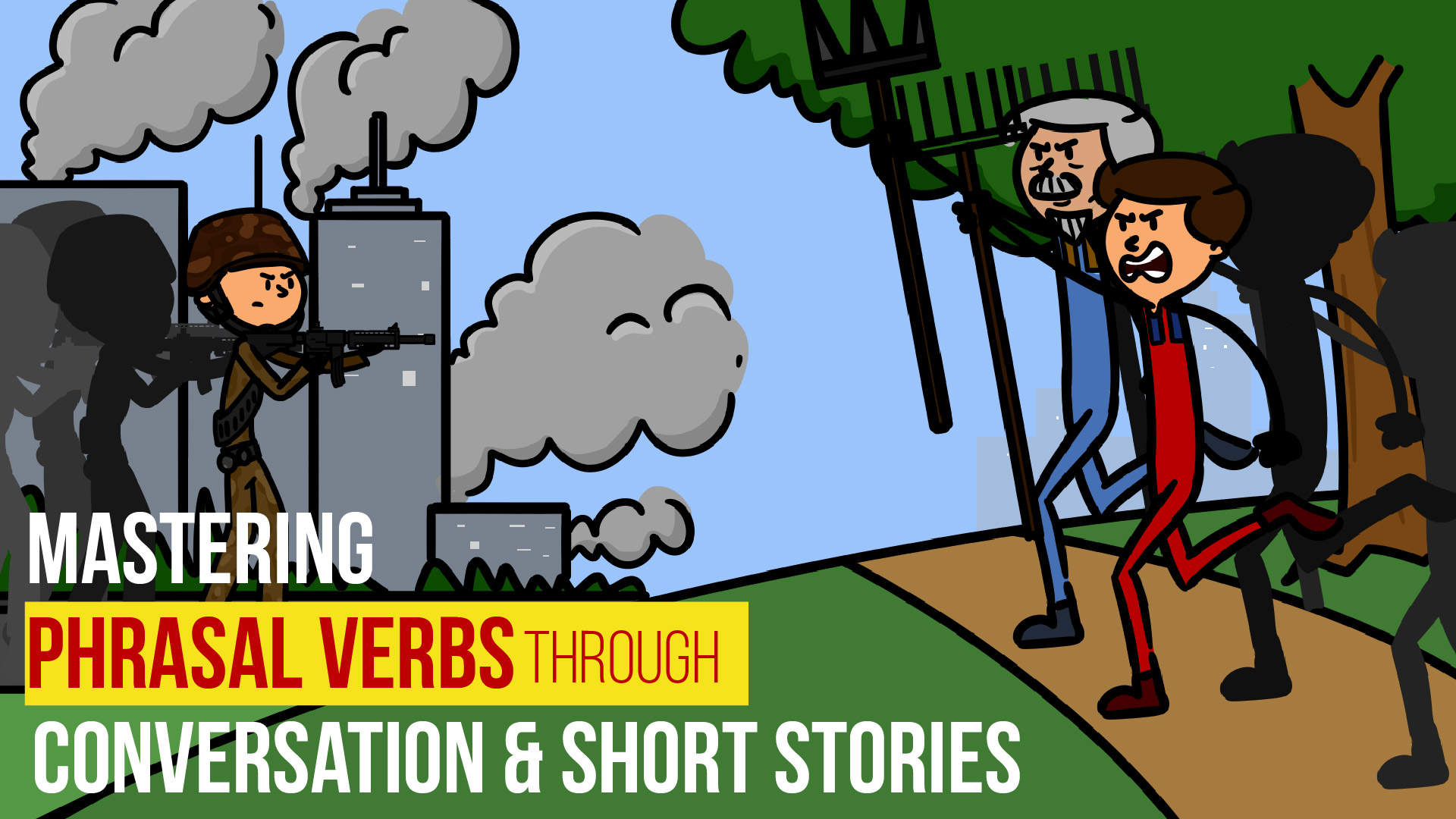1. Listening
At first, you should listen three to four times. Don’t care much if you can’t listen accurately or miss the words. Just to help you to be acquaintance with the pronunciation and intonation of the speaker.
Why you have to learn listening skill first, please refer to this post: Big Secret for Mastering and Getting Fluent 4 English Skill Quickly
2. Reading
AZUZ (voice-over): Ten-second trivia:
What is the biggest factor in the price of gasoline (gas)?
Taxes, crude oil, distribution or refining costs?
The cost of crude oil is by far the biggest factor in what you pay for a gallon of gasoline.
CHRISTINE ROMANS, CNNMONEY, CHIEF BUSINESS CORRESPONDENT: Hitting the road? This will likely be the most expensive summer driving season in years. Filling up the tank will cost 14 percent more than last summer. Summer gas already tends to be more expensive, because federal and state laws require cleaner fuel for the busy and hot summer months.
But what else goes into the cost of filling up?
- Go into (phrasal verb): to start doing a particular type of work
Well, those refining costs and profits are the smallest slice of what you pay at the pump. There`s also the cost of shipping and selling the gas itself and that depends on where you live. So do taxes, they make up about a fifth of the cost of your gasoline. But the biggest factor, it`s the price of crude oil and it`s rising.
- Refining(n): /rɪˈfaɪnɪŋ/: the process of making different products from a basic product, usually oil or sugar
- Crude(adj): /kruːd/ : oil from underground that has not yet been made into other products
- Slice(n) /slaɪs/: a flat piece of food that has been cut from something larger
AZUZ: There`s several reasons for that. One, the global economy is improving. When that`s at good shape, the demand for oil increases, causing its price to rise.
Two, political instability. Economic trouble in Venezuela, the ongoing civil war in Syria, uncertainty over the Iran nuclear deal, all of these things can cause oil prices to go up.
Three, major exporters of oil are pumping less of it. Some of them like Saudi Arabia want crude prices to be higher. Countries whose economies are dependent on oil sales generally have higher revenues when crude prices go up.
A downside to all of this though is what happens here.
- Downside(n) /ˈdaʊn.saɪd/: a disadvantage of a situation
The American Automobile Association says the U.S. national average for a gallon of gas is $2.86. That`s 52 cents higher per gallon than it was a year ago. And though it`s nowhere near the record of $4.11, hit in 2008, gas prices can eventually hurt the U.S. economy if they climb too high.
3. Vocabulary
- Go into (phrasal verb): to start doing a particular type of work
- Refining(n): /rɪˈfaɪnɪŋ/: the process of making different products from a basic product, usually oil or sugar
- Crude(adj): /kruːd/ : oil from underground that has not yet been made into other products
- Slice(n) /slaɪs/: a flat piece of food that has been cut from something larger
- Downside(n) /ˈdaʊn.saɪd/: a disadvantage of a situation
4. Listen Again
Souce: https://edition.cnn.com/cnn10





